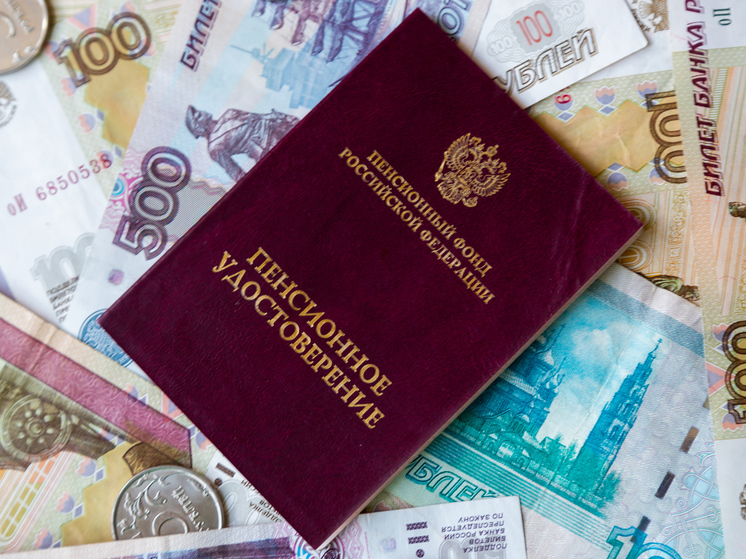For a dignified old age you will have to save up to 80 thousand rubles a month
Since 2024, Russians who have made long-term deposits will receive significant fiscal concessions. Those who spend on pension and savings contributions to private funds or deposit funds into individual investment accounts opened from January 1 will be able to count on tax deductions of up to 400 thousand rubles per year. The condition for the incentive will be an investment period of up to 10 years. Despite all the positive aspects of the bill currently being adopted in the State Duma, experts doubt that the population will begin to actively use the new financial mechanism: few can boast of having extra money that can be invested “in the long run.”

The bill on the introduction of personal income tax deductions for long-term savings involves compensation for paid pension and savings contributions made to non-governmental organizations, as well as fiscal subsidies for funds contributed to an IIS opened in 2024 (taking into account income received by private funds). In total, tax deductions for citizens can reach up to 400 thousand rubles per year. There is, however, one catch: the personal income tax deduction will not apply to income from the sale of shares of foreign issuers.
The key requirement for receiving tax preferences will be the long-term nature of the investments made by a person: on the one hand, the entry fee is not limited and the frequency of replenishing the account is determined by a personal agreement; on the other hand, the agreement will concern either lifelong agreements with a non-state pension fund, or a contract valid for at least a decade.
Experts for the most part welcome the legislative innovation from the state: these are precisely the measures that Russians expected, already now intending to provide themselves with funds for a dignified old age. As the head of the Ministry of Finance, Anton Siluanov, promised in mid-spring, long-term investors can count on monthly contributions of almost 50 thousand rubles, which will consist of a state fee of 36 thousand and a tax deduction of 12 thousand. However, to provide such an amount to a potential pensioner now you will have to transfer about 80 thousand rubles per month (about 1 million per year) to the long-term savings system.
But there is one very serious “but” for the implementation of these plans. The vast majority of citizens simply do not have extra money that can be safely withdrawn from the family budget for decades. The average salary in Russia as of October 2023 was just over 72 thousand rubles, and the median income does not exceed 50 thousand rubles per month. In addition, the history of the formation of funded pensions in the Russian Federation, to put it mildly, is not very impressive.
“The funded pension in Russia has been frozen since 2014,” recalls Nikita Maslennikov, a leading expert at the Center for Political Technologies. — Deductions of 6% from employee salaries are sent to the insurance part, which goes to pay the current elderly. People who previously used the savings system, and there are up to 7-8 million people, whose total deposits reach 10 trillion rubles, have long regretted their long-term investments.”
“In order to ensure a noticeable return that significantly exceeds bank interest, firstly, you need to have “extra” money, and secondly, plan your financial situation in advance for at least 20-30 years. Economic instability and general uncertainty call into question the need for such investments,” says Sergei Smirnov, leading researcher at INION RAS. According to him, young people about to enter the labor market often do not think not only about long-term pension contracts, but even about the future. In turn, people who have some “nest eggs” prefer to spend their savings on short-term specific goals: from major repairs in their homes to buying a new car or apartment.
As Professor of the Financial University under the Government of the Russian Federation believes Alexey Zubets , the Ministry of Finance could offer other types of long-term savings — in particular, investments in government bonds with a floating coupon that would at least cover inflation. “Taking into account tax benefits, the scheme approved by law can attract a maximum of 2 million people, but one should not hope for mass participation in such a program,” says the expert.


